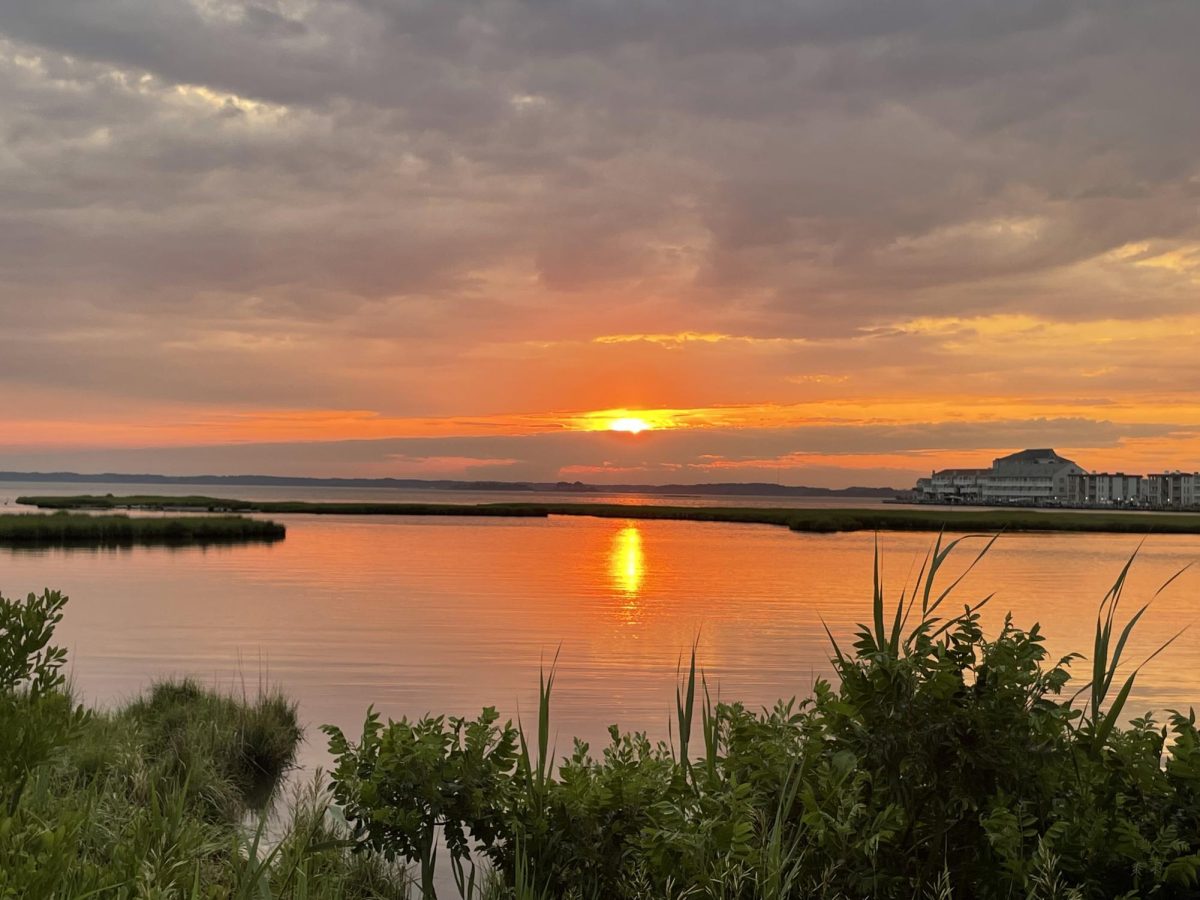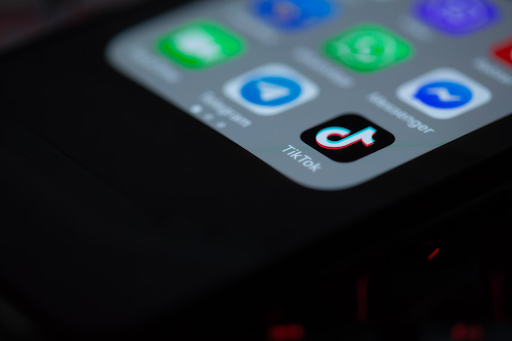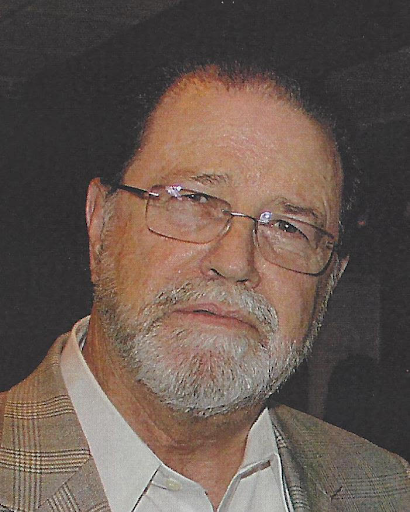If you ask someone what a scientist looks like, they will most likely think of a middle-aged, white male wearing a white lab coat. Stereotypes are mere generalizations. However, taking this example, people think this way because science is a male-dominated field in which women are not well-represented.
Women make up half of the college-educated U.S. workforce in science but hold only 28% of jobs in those occupations, according to an article from the New York Times. There is not a lack of interest from women in science, so why are we not seeing a larger female presence in this field?
There is not a simple answer to this question. However, the root of this problem originates from the fact that men have long been in charge of scientific fields. From Isaac Newton to Albert Einstein and Galileo Galilei, the most famous scientists, the ones making the biggest contributions are usually men. Because of this trend, it is likely that women do not have as high of a credibility and are therefore not given the same opportunities.
It is true that job opportunities have increased over time for women in science. However, in the modern era, what used to be full on exclusion has now evolved to microaggressions. The latest example of these unfortunate events happened when a prominent German polar research institute implemented a dress-code that encouraged sexism in science. The institute explained that very tight fitting clothing, short shorts and crop tops would not be permitted during the six-week mission trip through the Arctic Ocean, the New York Times reported. Although the leader of the trip assured that the dress code was not geared towards a specific sex, it was later made public by the crew on the expedition that the regulations came shortly after an incident of sexual harrassment on the ship.
At first glance, the dress code seems fair but after careful consideration it is clear that prohibiting individuals from wearing “tight-fitting” or even “revealing” clothes is nothing but a way to hypersexualize women. If the institute genuinely wanted to increase safety in the workplace they would have banned the usage of scarves, loose clothing or having your hair down because it could get caught in something, as many women on the trip declared.
Not allowing women to wear certain types of clothing, especially after a sexual harassment incident, clearly shows where priorities lie in the field of science. The idea of suppressing women instead of educating men to simply not sexually misbehave is antiquated and disrespectful. Having women change their behavior shows that we are often merely considered by what we look like, instead of what we have to offer professionally and academically.
Moving forward, as women, we must prove to society that we are worth more than our looks. We have revolutionary thoughts and ideas to bring to the table. Unfortunately, microaggressions, especially in STEM, are not going to end anytime soon. However, shedding a light on these issues and starting conversations can go a long way in changing the sexist and outdated ideas the modern patriarchal society has.


















